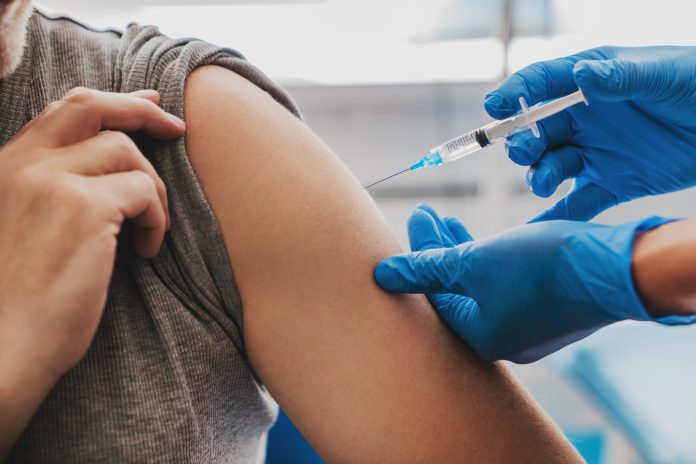A University of South Australia team has developed a biodegradable weekly injectable formulation of levodopa and carbidopa that releases for seven days, improving medication adherence and reducing dosing burden for over eight million people with Parkinson’s disease
Parkinson’s disease affects millions worldwide, and managing its symptoms remains a daily challenge. Now, researchers have unveiled a promising new development that could change how treatment is delivered, potentially offering a more straightforward, more consistent approach for patients and clinicians alike.
Their findings have been reported in the journal Drug Delivery and Translational Research.
Biodegradable, weekly dosing injectable
In a breakthrough for Parkinson’s disease treatment, researchers at the University of South Australia have developed a biodegradable, long-acting injectable formulation of levodopa and carbidopa.
Designed to release medication steadily over seven days, this once-weekly injection could dramatically improve medication adherence and simplify life for more than eight million people worldwide living with Parkinson’s.
The innovation addresses one of the biggest challenges in Parkinson’s care, frequent dosing, which is a burden to many elderly patients and those with swallowing difficulties, leading to inconstant medication levels, more side effects, and reduced effectiveness. It opens the door to more effective and patient-friendly management of the condition.
Lead researcher Professor Sanjay Garg, from UniSA’s Centre for Pharmaceutical Innovation, says the newly developed injectable could significantly improve treatment outcomes and patient adherence. This reassurance of improved patient compliance can instill confidence in the effectiveness of the treatment.
“Our goal was to create a formulation that simplifies treatment, improves patient compliance, and maintains consistent therapeutic levels of medication. This weekly injection could be a game-changer for Parkinson’s care,“ Prof Garg said.
“Levodopa is the gold-standard therapy for Parkinson’s, but its short life span means it must be taken several times a day.”
A significant step forward in Parkinson’s therapy
The injectable gel combines an FDA-approved biodegradable polymer, PLGA, with Eudragit L-100, a pH-sensitive polymer, to achieve a controlled and sustained drug release.
The lab tests confirmed the system’s effectiveness and safety. More than 90% of the levodopa dose and over 81% of the carbidopa dose were successfully released over seven days, demonstrating the formulation’s sustained delivery capability. The implant itself degraded by more than 80% within the same timeframe and showed no significant toxicity in cell viability tests. Designed for ease of use, the formulation can be administered with a fine 22-gauge needle, reducing patient discomfort and removing the need for surgical implantation.
“The implications of this research are profound,“ Prof Garg said. Reducing the frequency of dosing from multiple times a day to a weekly injection is a significant step forward in Parkinson’s therapy. This not only improves how the drug is delivered but also has the potential to significantly enhance patients’ quality of life. We’re not just improving how the drug is delivered; we’re improving patients’ lives.”
Prof Garg says the technology could also be adapted for a wide range of other chronic conditions such as cancer, diabetes, neurodegenerative disorders, pain management, and chronic infections that require long-term drug delivery. This potential for broader application makes the research even more intriguing and promising.
The system can be tuned to release drugs over a period ranging from a few days to several weeks, depending on therapeutic needs.
UniSA scientists hope to start clinical trials shortly and are exploring commercialisation opportunities.








